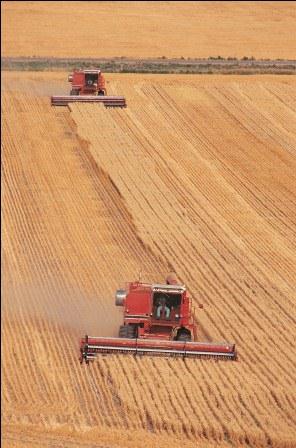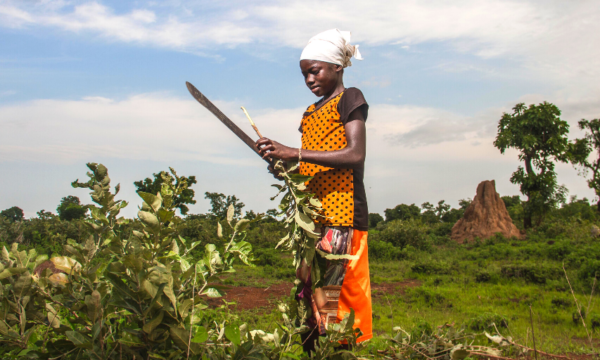
One of my colleagues has just passed me an interesting article entitled UK agronomy skills – a lost generation which she spotted in the 6th June issue of Chemistry & Industry. In this article, the chief executive of the Processors & Growers Research Organization, Salvador Potter highlights the shortage of basic agronomy skills facing the industry. He recalled leaving university 35 years ago with no shortage of job offers from an industry taking food production issues seriously. The large commodity surpluses of the 1980s and politicians taking the view that we can import foodstuffs to meet any shortfall have led to a marginalization of agronomy and a dearth of university courses. I took a quick look at the UCAS website and only one institution (Newcastle University) offers a course on agronomy and only around a dozen offering courses on agriculture. We are facing a situation where the 1960-70s college generation are reaching retirement and are not being replaced with graduates with the necessary skills to man much reduced government funded extension services, linking research and farm practice. These extension services have an important role in interpreting advances in research to formulate practical and effective grower advice and dissemination among growers via training seminars, meetings, bulletins and advice lines.
The food price spikes of recent years have given governments a wakeup call, underlining the fragile nature of the supply network and the tendency for countries to protect their own interests by banning exports or buying up stocks when supplies run short. New technologies such as crop genetics, improved chemicals for crop nutrition and protection, and precision farming offer the greatest opportunities to improve productivity. But in the last decade or so Potter points out that crop yields have decreased across the board for the UK’s commercially grown crops indicating that we are failing to translate research advances into on-farm practice.
If we are to reduce the 30% postharvest losses in developing countries (the aim of CABI’s Plantwise initiative) and counter the 30% thrown away be developed economies, Potter suggests that college courses must readapt to focus on practical and sustainable crop production and equip graduates with communication skills to more effectively pass on this knowledge to the farming community.
Related News & Blogs
Classifying agribusiness-based advisory services: benefits and challenges of different models
By: Dannie Romney, Global Director, Development Communication and Extension, CABI Agricultural extension and advisory services – services that offer technical advice to farmers – play an important role in delivering the knowledge and tools that farmers…
19 April 2021




